Speaking to Deutschlandfunk radio, Nagel made evaluations about high inflation, recession in the economy and interest rate hikes by the European Central Bank (ECB).
Nagel, who is also a member of the ECB Governing Council, stated that there are signs that inflation has spread to many areas, adding, "The ECB Governing Council's step to increase the three main policy rates by 75 basis points on September 8 was a clear sign, and if the inflation picture remains the same, clearer steps should follow." used the phrase.
Explaining that the open problem is to get inflation under control again and that a common stance has been taken in the ECB Governing Council, Nagel pointed out that lower growth rates or recession cannot be ignored while keeping inflation under control.
"Ultimately, stable prices are much more important for medium-term, long-term growth and a good economic outlook for the eurozone. We may need to get through a sluggish period. At least for now, it looks like a sluggish period and the decline in economic output will not be severe," Nagel said. " said.
Pointing out that the increase in prices will accelerate and "annual inflation may peak above 10 percent in December", Nagel emphasized that annual inflation may weaken somewhat in 2023 and will probably be at a very high level above 6 percent.
Historic rate hike from ECB
Meanwhile, the ECB made a historic increase in three key policy rates on September 8, following the rapid rise in consumer prices after the Russia-Ukraine war and the Kovid-19 outbreak.
The bank had increased the refinancing rate to 1.25%, the deposit rate to 0.75% and the marginal funding rate to 1.50%.
Thus, despite the expectation of a recession in the economy, the bank made the highest rate hike since the use of the European common currency in 1999.
It is expected that the tight monetary policy will continue after the historical interest rate hike by the ECB.
In addition, the ECB's tightening of monetary policy to combat inflation is expected to slow economic growth in the Eurozone. At the same time, there are concerns that rising interest rates in the region will increase the borrowing costs of heavily indebted countries such as Italy and Greece.
Inflation in Germany rose to 7.9 percent in August
On the other hand, in the Eurozone, annual inflation reached 9.1 percent in August due to the rise in energy prices, reaching the highest level on record. It is noteworthy that this figure is more than 4 times the ECB's 2 percent target.
In Germany, annual inflation, which was 7.5 percent in July, rose again to 7.9 percent in August with the latest rise in energy and food prices, reaching the highest level since 1974.
Meanwhile, government measures against inflation in Germany, such as 9 euros for public transport tickets and tax cuts on fuel, came to an end at the end of August.
Germany, Europe's largest economy, is facing a spiraling energy crisis triggered by Moscow's decision to stop gas flow through the Nord Stream 1 gas pipeline.
As concerns over the Russia-Ukraine war continue to weigh on energy supplies, the German government is scrambling to keep the wheels of industry turning, the lights on and homes warm this winter.
While the increase in energy costs in the country fuels inflation upwards, it also increases the pressure on households and companies.


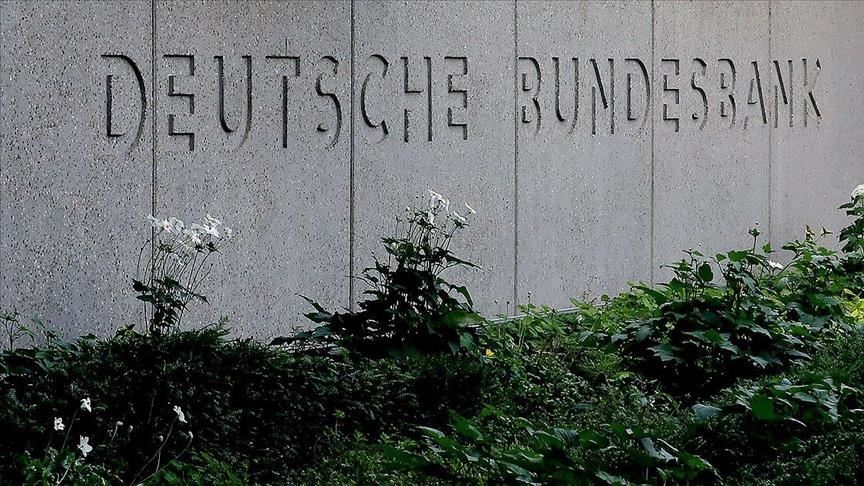

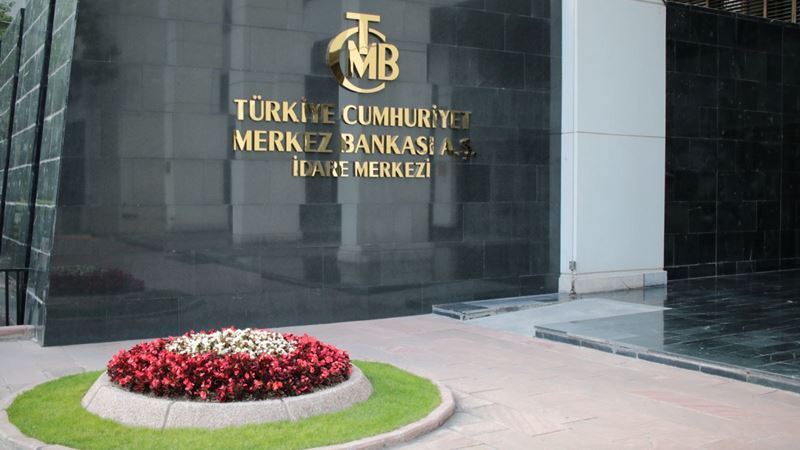
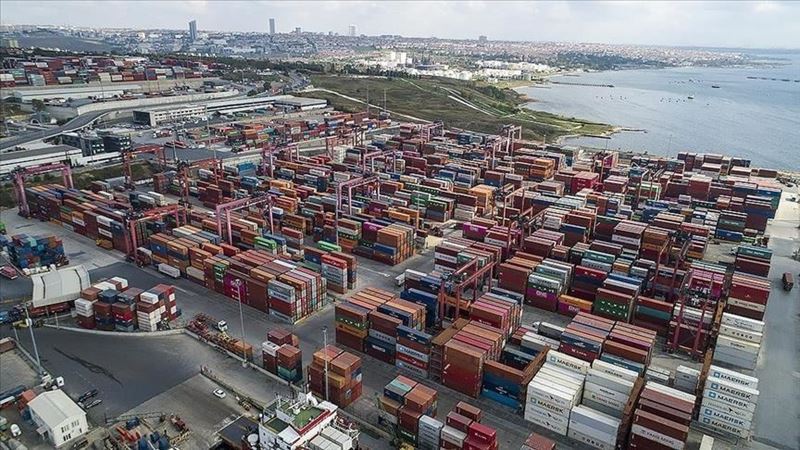
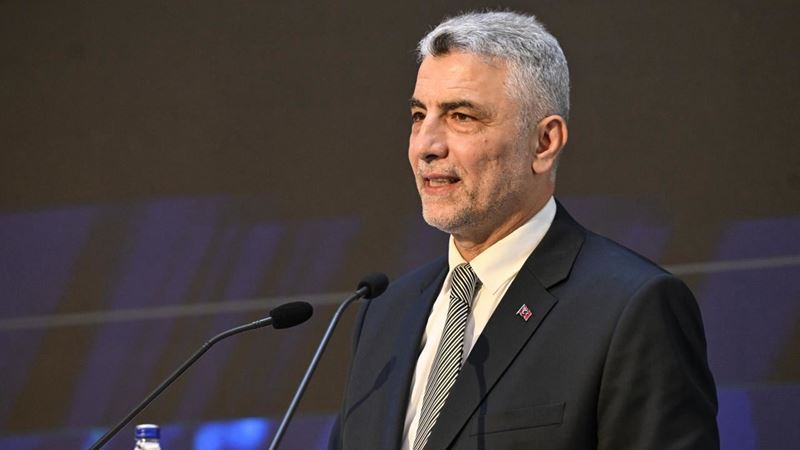
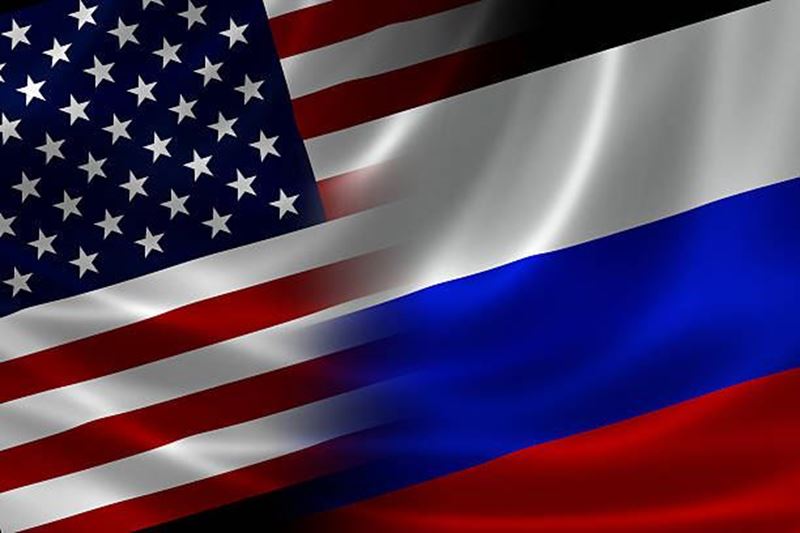



Comments
No comment yet.